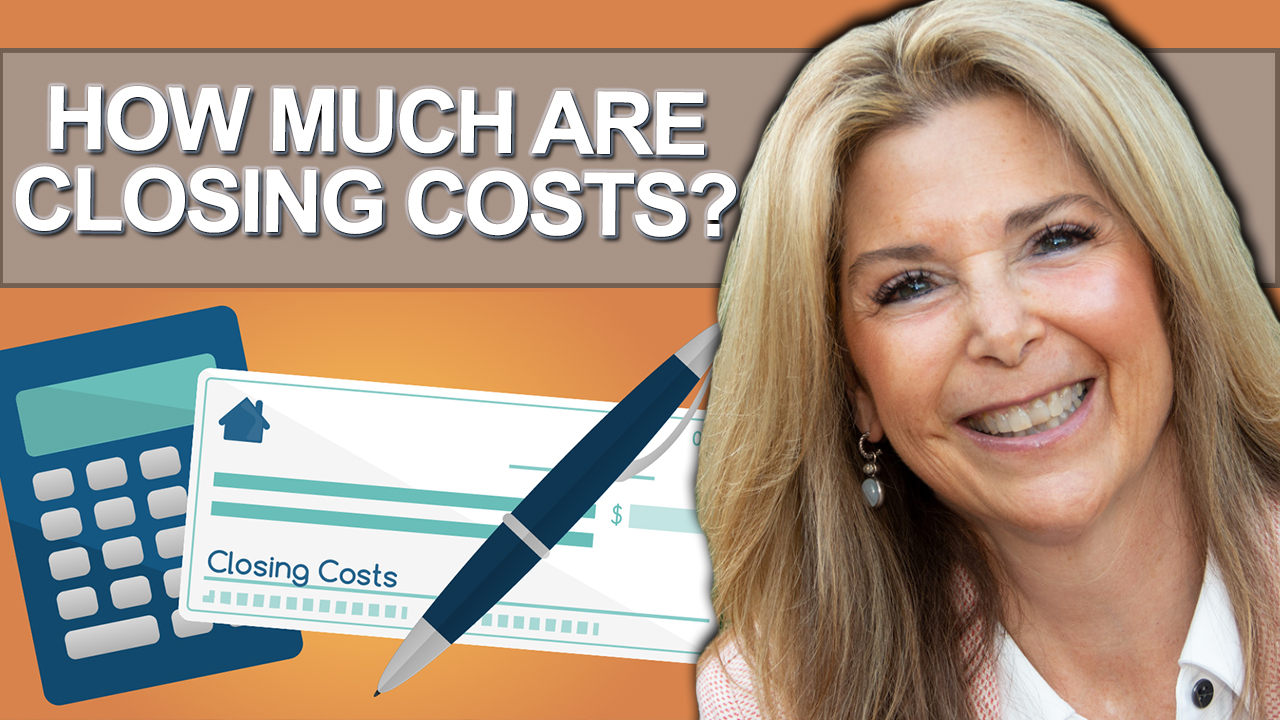How much will you need for closing costs? Find out here.
It’s difficult to say exactly how much your closing costs will be because that depends on a number of factors, like the price of your home, the loan you’re using, and your interest rate.
A general rule of thumb used to be that your closing costs would be somewhere around 3% of your loan amount, but that would be at the highest end. Your closing costs should be significantly less than that—somewhere around 1.5%.
Be sure to ask more than one lender to run the numbers for you so that you can see what your closing costs would be in your price range at a given date.
So what fees make up your closing costs?
Lender fees like loan origination fees amount to around 1% of your loan amount. Then you’ll also need to factor in fees for your credit report, appraisal, and flood certification fees. Some lenders will have specialized fees that others don’t, so you must compare lenders before choosing one.
Next, you’ll have attorney fees. In North Carolina, attorneys do our closings, not title companies, and the closing fee is usually between $700 and $900.
There are also title insurance fees. There are two types of title insurance: one for your loan, and one for your house. I won’t go into depth on title insurance just now, but know that it is important to have.
There will be a fee to have a survey of the property done. If you’re purchasing a single-family home or townhouse, you’ll want to get a survey done in your name.
The last category of your closing costs consists of your prepaids and insurance. You’ll need to pay for your homeowners insurance in advance. If you’re escrowing your taxes and insurance, meaning that your lender will pay those for you when those bills come due at the end of the year, your lender will add that to your monthly mortgage payment. You’ll be expected to pay some of that upfront at closing, and how much depends on what time of year you’re closing on your home. When the tax bill comes due, they’ll need to have enough money in your escrow account to pay those bills
So when you’re ready to buy a home and you have a purchase price in mind, be sure to ask more than one lender to run the numbers for you so that you can see what your closing costs would be in your price range at a given date. That way, you can compare them and know which lender will be the best one for your purchase.
Be aware that most lenders are conservative when they run these numbers for you; they’ll estimate high because by the time you get to the closing table, they’re going to have the real numbers, so your closing costs will actually be less than they projected initially.
If you have any questions about closing costs or finding the right lender, don’t hesitate to reach out to us. We’d be happy to provide you with answers and referrals for whatever you need.

